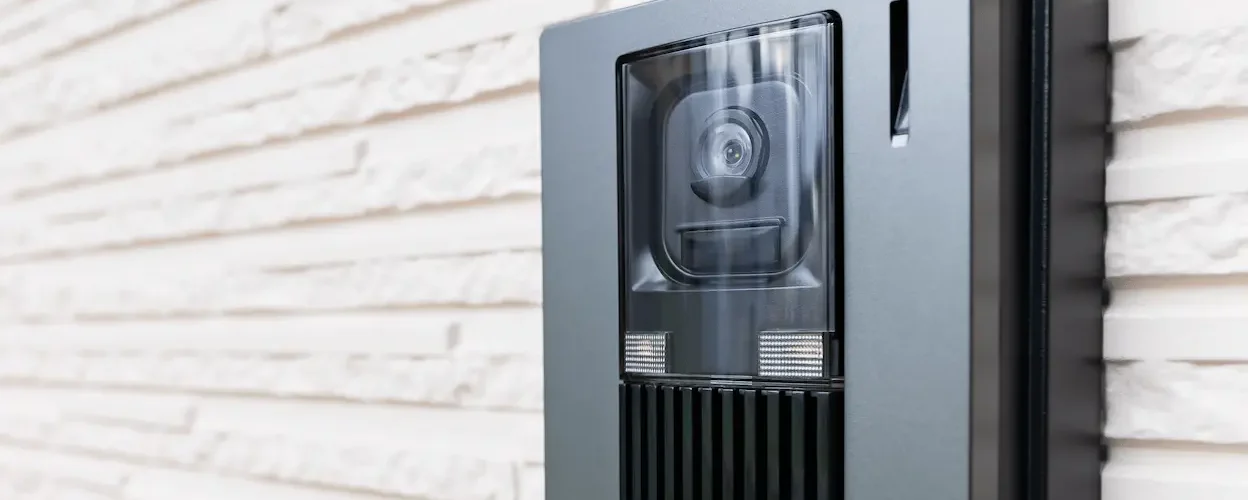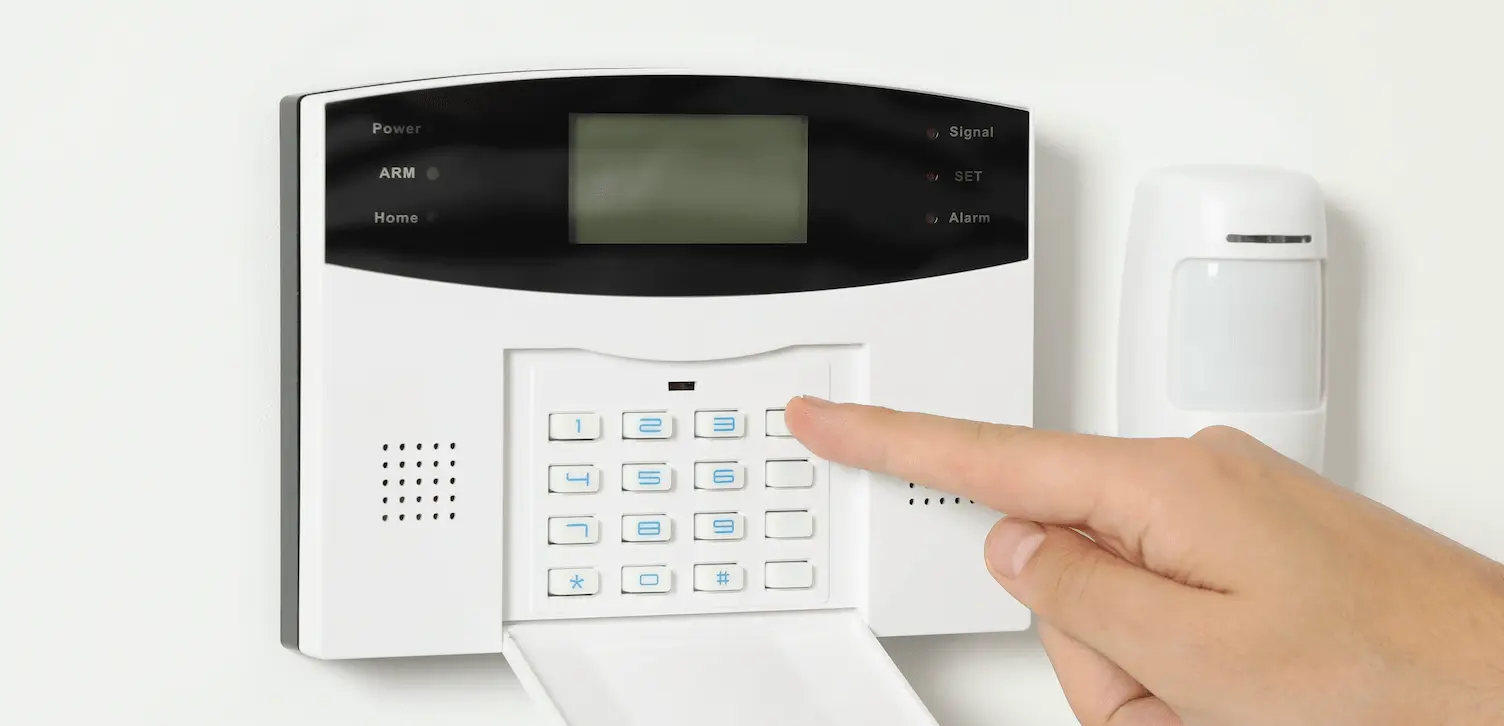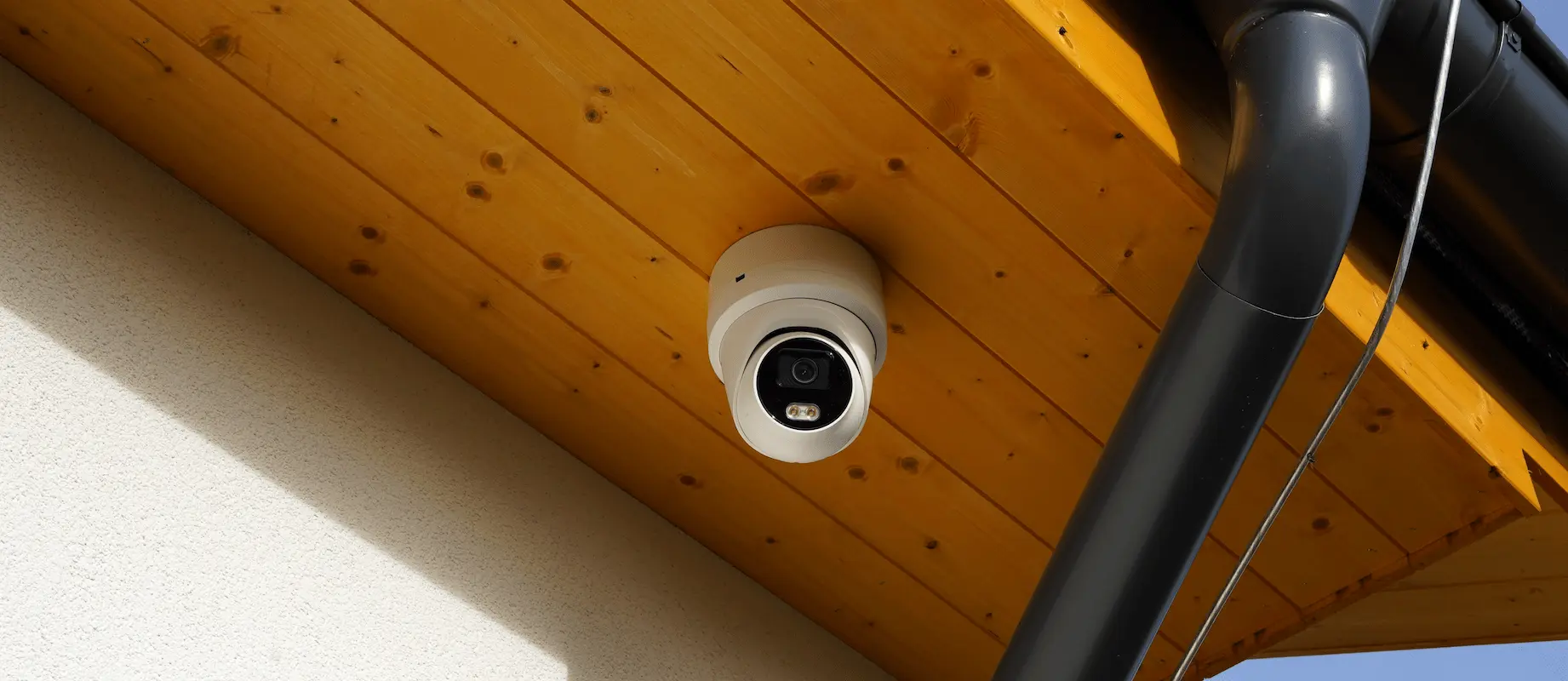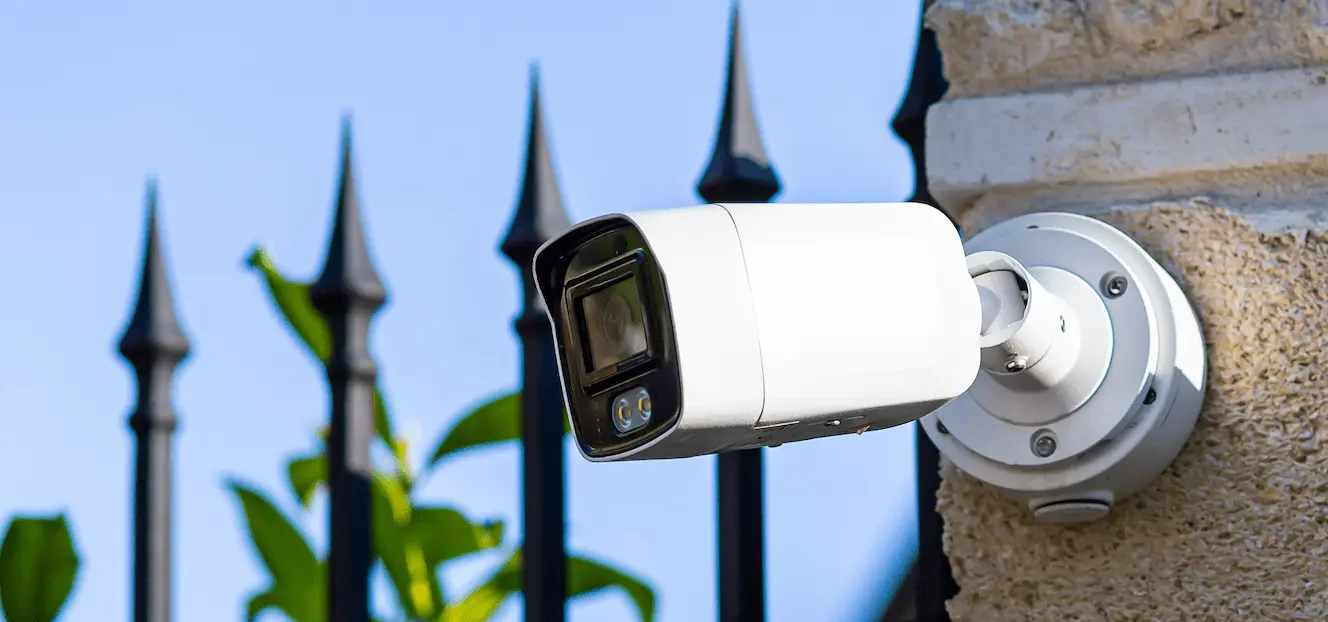
What landlords should know about security systems for rental property
05-08-2025 | Property Maintenance & InteriorsAs technology becomes more affordable, many landlords are considering installing security systems in their rental properties. The security systems for rental properties include alarms, smart locks and cameras, which can offer enhanced tenant safety and improve tenant retention.
However, landlords must also be aware of the legal implications of security systems for rental property. Landlords need to respect data protection laws and tenant privacy rights. This comprehensive guide outlines the pros and cons of installing a security system and highlights the legal considerations of installing cameras in rental properties.

Types of security systems for rental property
As a landlord, you may want to consider installing a security system in your rental property to enhance tenant safety and improve property protection. Fortunately, there are several options available to landlords when it comes to security systems for rental property.
1. Alarms
Alarms are perhaps the most traditional security system. It’s probably also the most cost-effective method, depending on the level of your alarm system. Alarms generally include motion sensors and loud sirens to deter thieves and intruders.
Modern alarm systems can be linked to your smartphone, allowing for enhanced security when you’re away from home. This will be helpful for both landlords and tenants.
2. Smart Locks
Smart locks usually have a touchscreen system allowing the user to type a code in or gain access via a smartphone app. This makes access easier for tenants, maintenance workers or cleaners.
3. Cameras for rental property
Cameras for rental property have gained in popularity over recent years. This type of security system for rental property can range from a basic doorbell camera to a comprehensive CCTV setup.
These cameras can record footage, provide live feeds, and integrate with mobile apps for real-time monitoring. However, landlords must ensure they are complying with data protection laws when using cameras for rental property.
Practical tips on choosing the right security system for your rental property
Deciding on the best type of security system for your rental property usually depends on your budget, property type, location, and tenant needs.
- Property type: A small flat may only need a smart lock, while an HMO might require cameras in communal areas.
- Property location: Is the property in an area with higher crime rates? The property might benefit from cameras to help deter thieves and intruders.
- Tenant needs: The tenant might feel more comfortable with a security system in place.
- Check Compliance: Ensure your security system for rental property meets GDPR requirements.

Pros and cons of security systems for rental property
Each type of security system has its own advantages and disadvantages, so landlords should assess their property’s needs, the tenant’s needs and budget before making a decision.
Pros of a security system for rental property
- Increased tenant appeal: A security system in rental property will give both the landlord and tenant extra peace of mind. Tenants might feel safer about living in the property, especially if it is in a high-crime area. It will help you attract safety-conscious tenants and might give you an advantage over nearby landlords.
- Crime deterrence: Visible security features, such as cameras for rental property, discourage criminal activity.
- Remote monitoring: Modern systems are often integrated with a smartphone app, allowing the user to monitor their property from anywhere in the world. This can help provide peace of mind or perhaps identify certain problems.
Cons of a security system for rental property
- Installation costs: In the modern world, budgets are tight. Depending on the level of security system you opt for, it can be quite expensive. There may also be some hidden running costs, so it’s worth carrying out some research before installing.
- Increase in maintenance jobs: Landlords are busy, especially if they have a large property portfolio. A security system is just another item that will need some regular maintenance. This can include system upgrades or battery replacements.
- Legal compliance: Using cameras for rental property involves navigating complex data protection laws to avoid legal issues.
- Tenant concerns: Some tenants may feel uncomfortable with certain types of security systems. This might hinder tenant retention if you haven’t explained the system fully or adhered to tenant privacy laws.
Legal considerations for security systems in rental property
Installing cameras in rental property is like walking down a tightrope, as landlords must balance tenant security with privacy and data protection laws. Landlords need to follow strict legal requirements. The Data Protection Act 2018, in conjunction with the UK GDPR, regulates the use of security systems in rental property.
Landlords will need written consent from the tenant before installing cameras for rental property. There should also be warning signs in place, reminding tenants and visitors that recording is taking place.
It is vital that landlords respect privacy. Security cameras for rental property should not be installed in places like bathrooms and bedrooms. All video footage must be used for legitimate purposes only. The recordings cannot be shared. It must remain secure and only accessible to those who need to see it.
Tenants have a right to privacy under the Human Rights Act 1998. Using cameras in private areas is not permitted. Even in communal areas, such as hallways in HMOs, landlords must ensure cameras for rental property do not infringe on privacy. Best practices include:
- Positioning cameras to avoid private spaces.
- Obtaining written consent from tenants for camera use in shared areas.
- Clearly outlining the purpose of the security system for rental property in the tenancy agreement.
Security systems in rental property: Tenancy Agreement
Landlords should include the use of security cameras in rental property in the tenancy agreement. This includes specifying whether cameras for rental property are in use, where they are located, and how footage is managed. Being transparent about the security systems helps maximise the benefits and creates trust between tenants and landlords.

How security systems help tenant retention
A security system for rental property can help boost tenant retention. This is helpful because it allows landlords to avoid vacancy periods when crucial income is missing. Safety is often a top concern and priority for renters, so a security system can help provide satisfaction. Happy tenants are more likely to renew their leases, making your life as a landlord easier.
We have the expertise to find the best landlord insurance deals that are suitable for your needs as a landlord. Contact us today at 01788 818 670 for a quote, and don’t forget to visit our resource centre for more information on how to be a successful landlord.
We won't be beaten on any like for like landlord insurance quote.
Get a quote